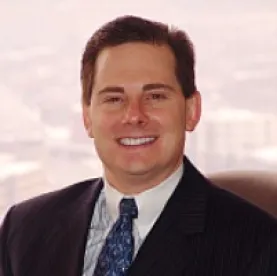On April 30, 2014, Craig Zucker, the former CEO of Buckyballs magnet maker Maxfield & Oberton Holdings LLC settled his high-profile lawsuits with the U.S. Consumer Product Safety Commission (CPSC). This ended nearly two years of litigation between Zucker and the CPSC, and left unresolved a burning question that companies and their counsel hoped these cases would answer: Does the CPSC have the authority to sue corporate executives as part of a recall?
In July of 2012, CPSC sued Maxfield seeking to force a recall of Buckyballs and Buckycubes magnetic toy products, which allegedly injured numerous children and teenagers who swallowed them. In early 2013, CPSC amended its complaint to name Zucker individually. He famously became the first executive that the CPSC sued directly to implement a recall. Zucker counter-sued the CPSC in Maryland federal court arguing, among other things, that the agency exceeded its authority. These cases have drawn substantial attention ever since the CPSC obtained an administrative law judge’s approval to target Zucker, after Maxfield fell apart in December of 2012 under the weight of a number of voluntary recalls that the agency convinced Maxfield's retailers to pursue.
The settlement agreement requires Zucker to fund a $375,000 recall. The CPSC originally estimated the cost of a recall at $57 million. The deal also forces Zucker to drop his Maryland federal court suit. This leaves unanswered important questions such as whether there is legal authority for the CPSC to add individual corporate officials as respondents, and whether doing so is good public policy.




 />i
/>i

